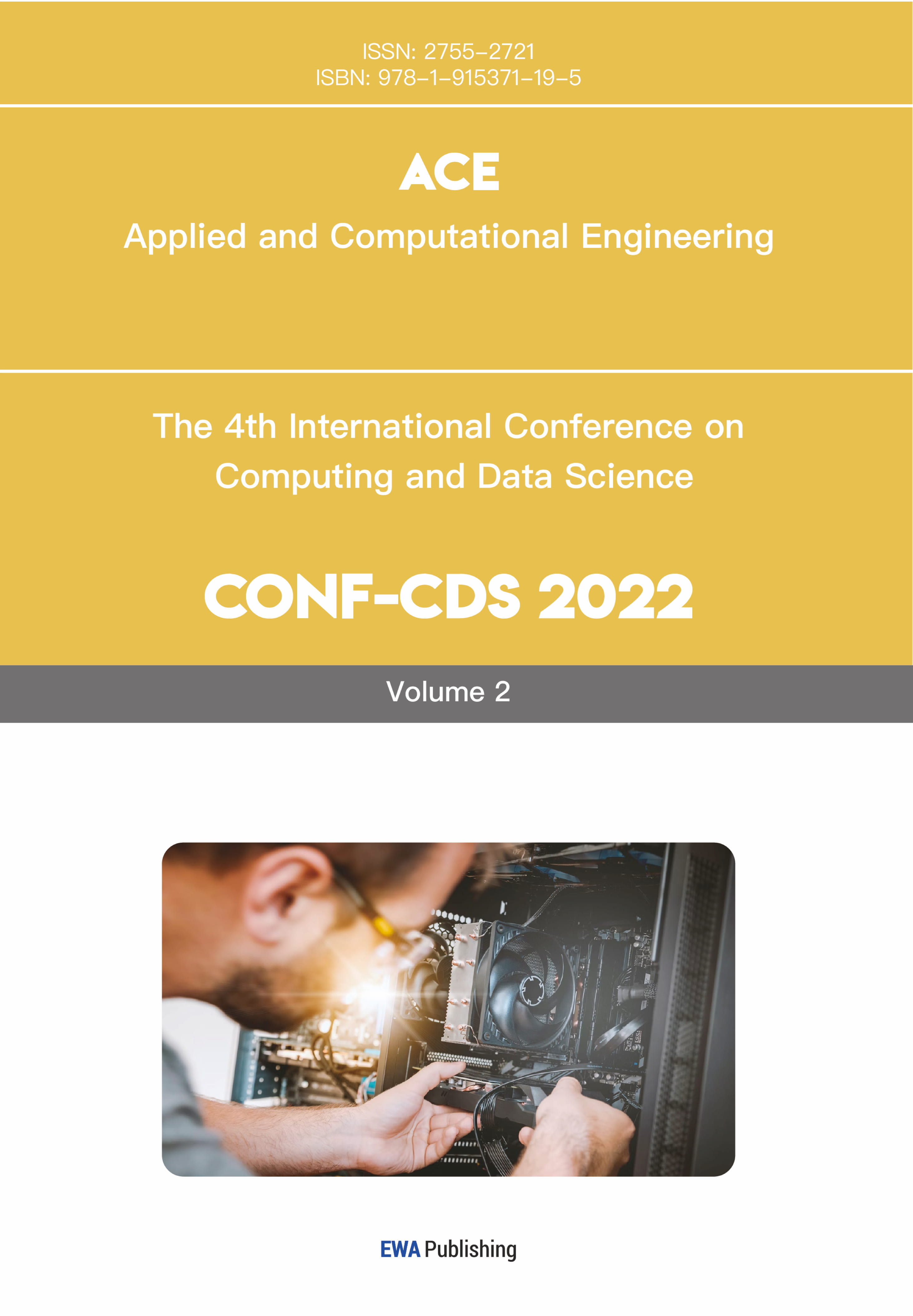References
[1]. Brasil, S., Pascoal, C., Francisco, R., dos Reis Ferreira, V., A. Videira, P., & Valadão, G. (2019). Artificial intelligence (AI) in rare diseases: is the future brighter?. Genes, 10(12), 978.
[2]. Dash, B., Sharma, P., & Swayamsiddha, S. (2023, March). Use of AI & embedded technology in human identity chips for IoMT. In 2023 4th International Conference on Computing and Communication Systems (I3CS) (pp. 1-6). IEEE.
[3]. Kuang, A. (2022, July). Construction of personalized advertising accuracy model based on artificial intelligence. In 2022 International Conference on Artificial Intelligence and Autonomous Robot Systems (AIARS) (pp. 395-398). IEEE.
[4]. Budėnaitė, M., Correia, R. F., & Venciūtė, D. (2024). The Influence of Artificial Intelligence on Advertising. In AI Innovation in Services Marketing (pp. 134-149). IGI Global.
[5]. Geethanjali, P., & Ajay, V. (2024, May). Ai-enhanced personal care robot assistant for hospital medication delivery. In 2024 5th International Conference for Emerging Technology (INCET) (pp. 1-8). IEEE.
[6]. Lee, G. H., Lee, K. J., Jeong, B., & Kim, T. (2024). Developing personalized marketing service using generative AI. IEEE Access, 12, 22394-22402.
[7]. Wojtara, M., Rana, E., Rahman, T., Khanna, P., & Singh, H. (2023). Artificial intelligence in rare disease diagnosis and treatment. Clinical and Translational Science, 16(11), 2106-2111.
[8]. Visibelli, A., Roncaglia, B., Spiga, O., & Santucci, A. (2023). The impact of artificial intelligence in the odyssey of rare diseases. Biomedicines, 11(3), 887.
[9]. Gao, B., Wang, Y., Xie, H., Hu, Y., & Hu, Y. (2023). Artificial intelligence in advertising: advancements, challenges, and ethical considerations in targeting, personalization, content creation, and ad optimization. Sage Open, 13(4), 21582440231210759.
[10]. Fuster-Barceló, C., Cámara, C., & Peris-López, P. (2024). ECG-Based Patient Identification: A Comprehensive Evaluation Across Health and Activity Conditions. IEEE Access.
[11]. Berger, A., Lagones, T. A., Grigull, L., Fendrich, L., Bell, T., Högl, H., ... & Lübbering, M. (2024, December). Tackling Data Sparsity and Combinatorial Challenges in Rare Disease Matching with Medical Informed Machine Learning. In 2024 IEEE International Conference on Big Data (BigData) (pp. 6430-6438). IEEE.
[12]. Cohen, A. S., Farrow, E. G., Abdelmoity, A. T., Alaimo, J. T., Amudhavalli, S. M., Anderson, J. T., ... & Pastinen, T. (2022). Genomic answers for children: Dynamic analyses of> 1000 pediatric rare disease genomes. Genetics in Medicine, 24(6), 1336-1348.
[13]. Hurvitz, N., Azmanov, H., Kesler, A., & Ilan, Y. (2021). Establishing a second-generation artificial intelligence-based system for improving diagnosis, treatment, and monitoring of patients with rare diseases. European Journal of Human Genetics, 29(10), 1485-1490.
[14]. Kumar, P., Dwivedi, Y. K., & Anand, A. (2023). Responsible artificial intelligence (AI) for value formation and market performance in healthcare: The mediating role of patient's cognitive engagement. Information Systems Frontiers, 25(6), 2197-2220.
[15]. Groft, S. C., Posada, M., & Taruscio, D. (2021). Progress, challenges and global approaches to rare diseases. Acta paediatrica, 110(10), 2711-2716.



